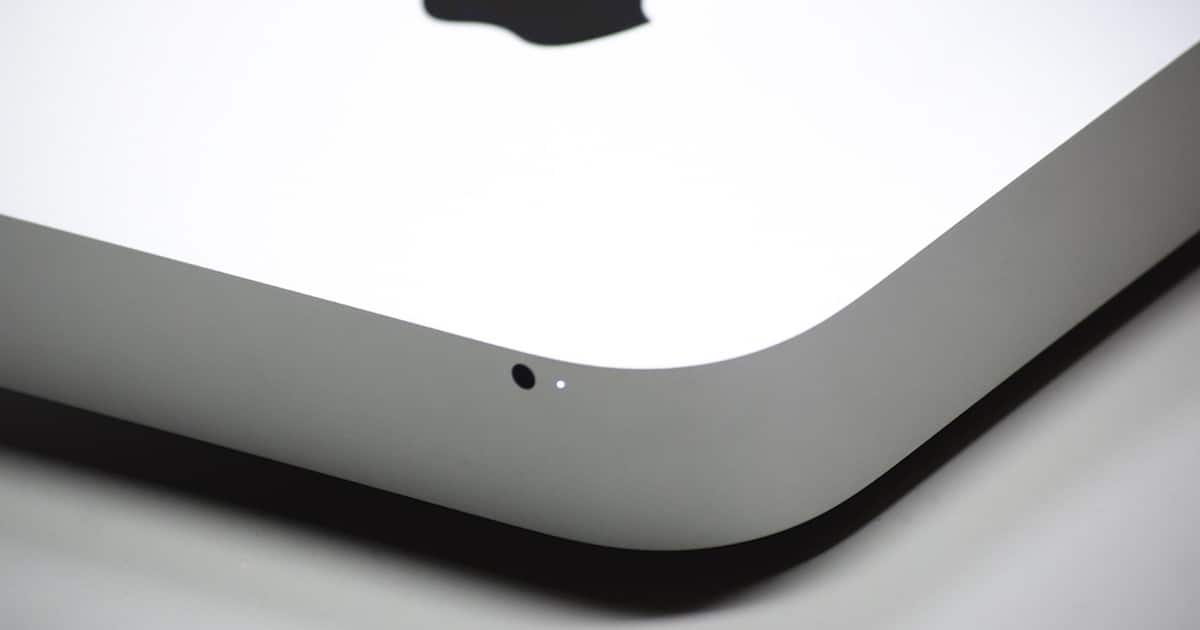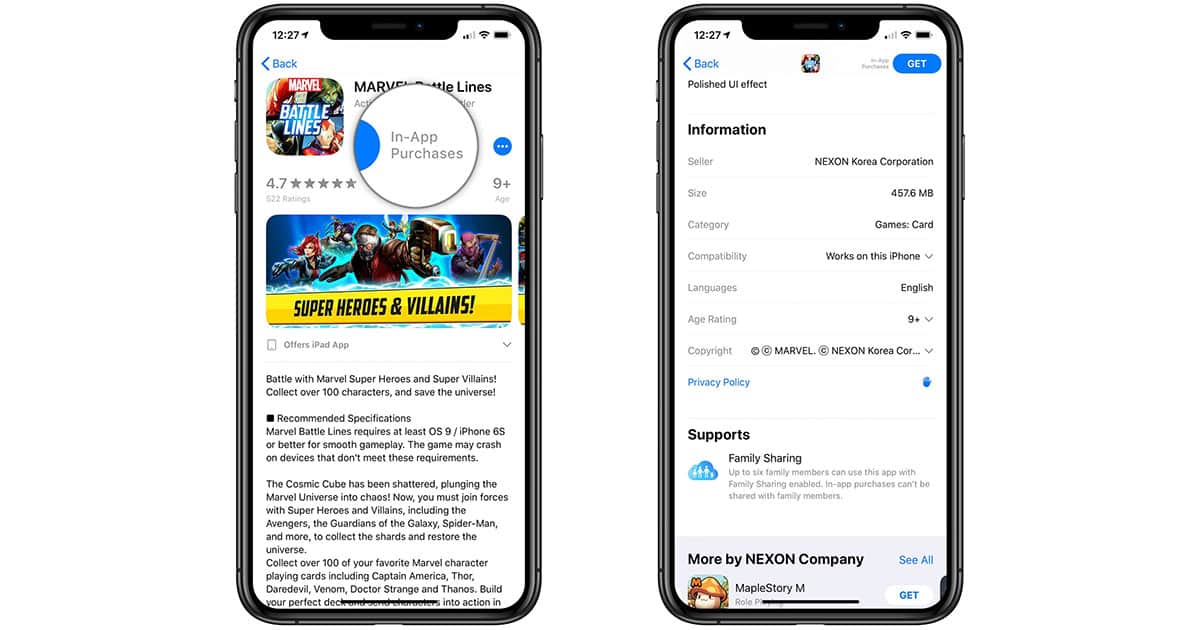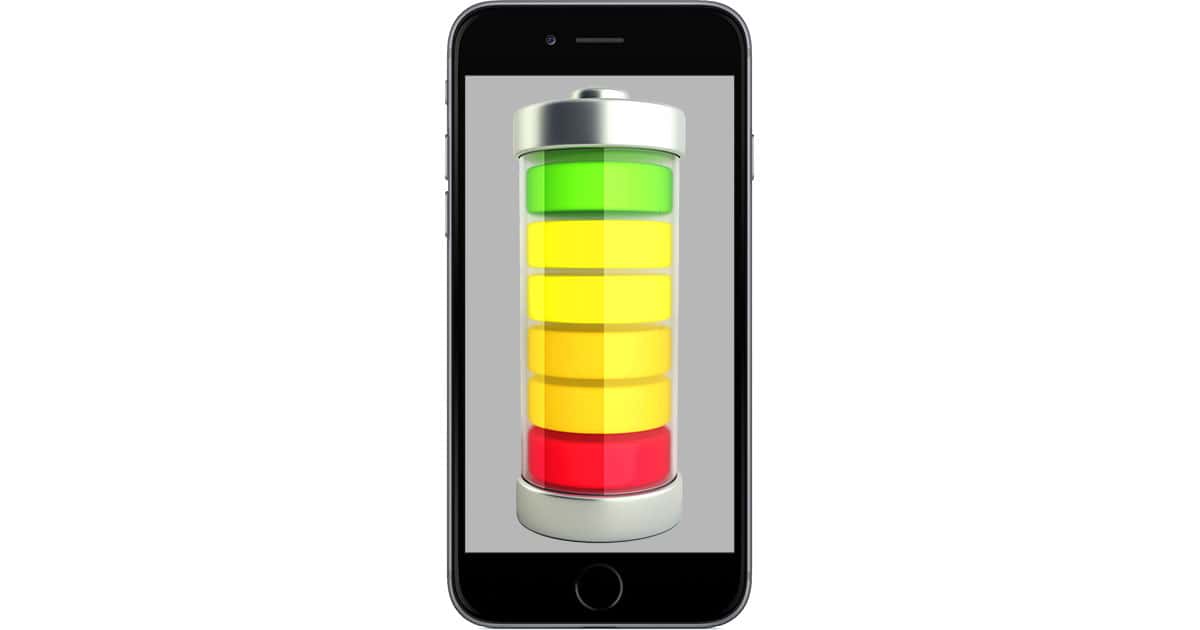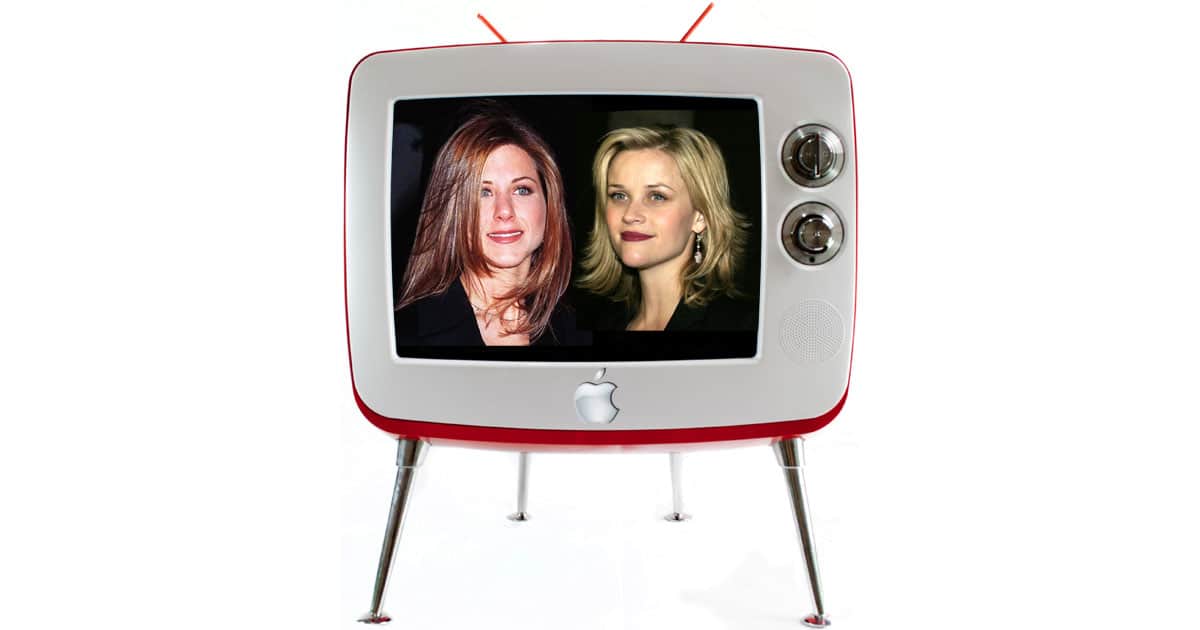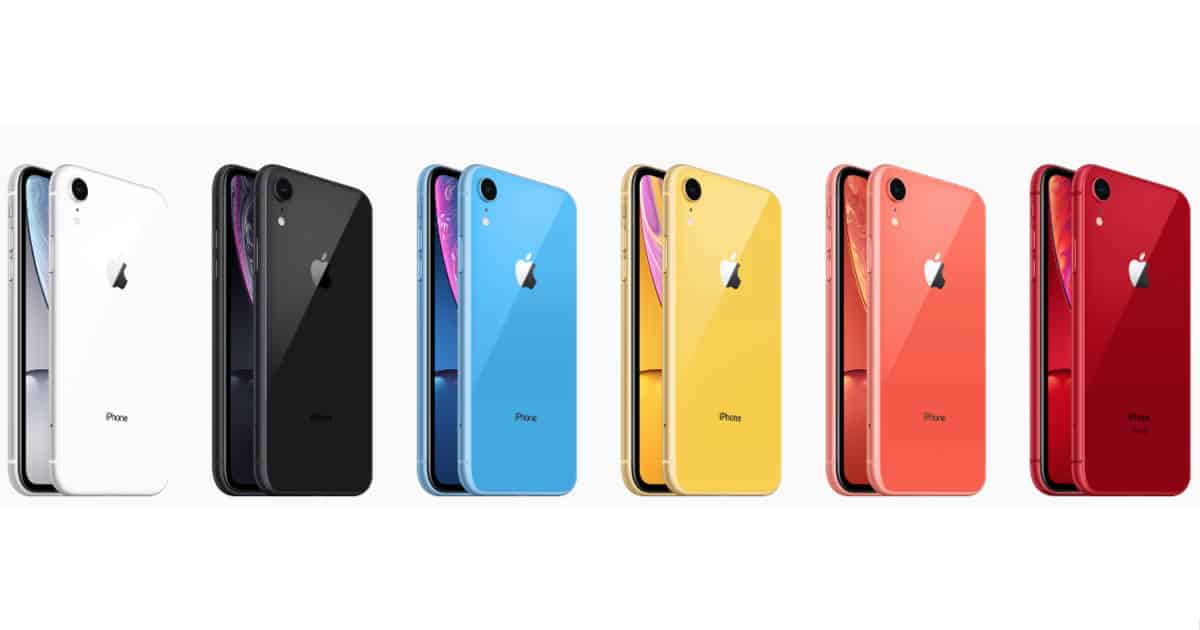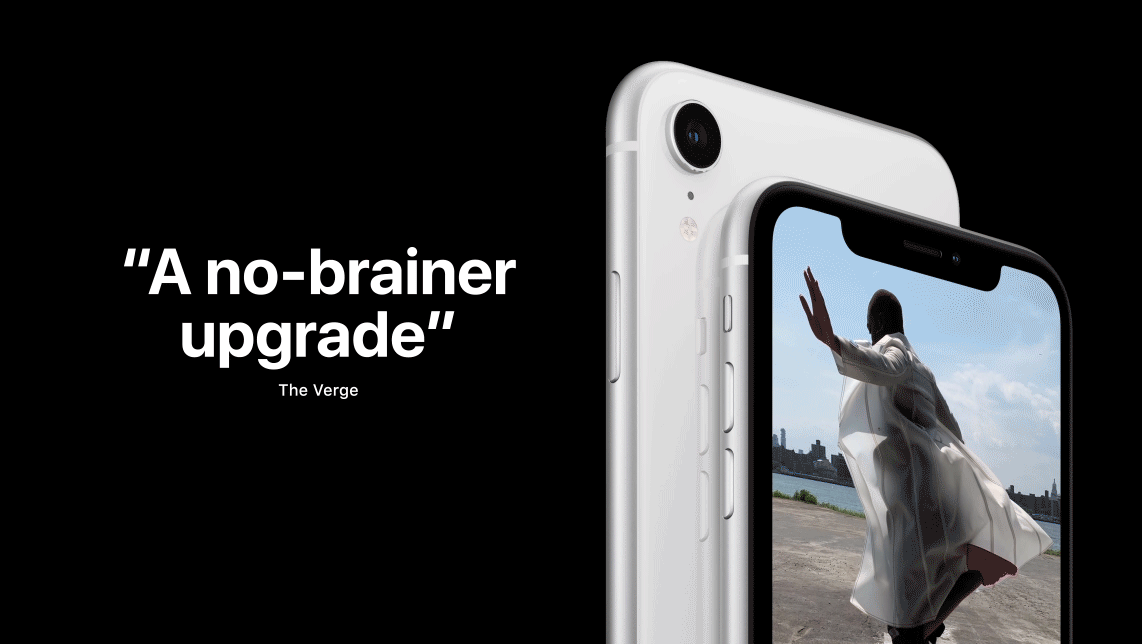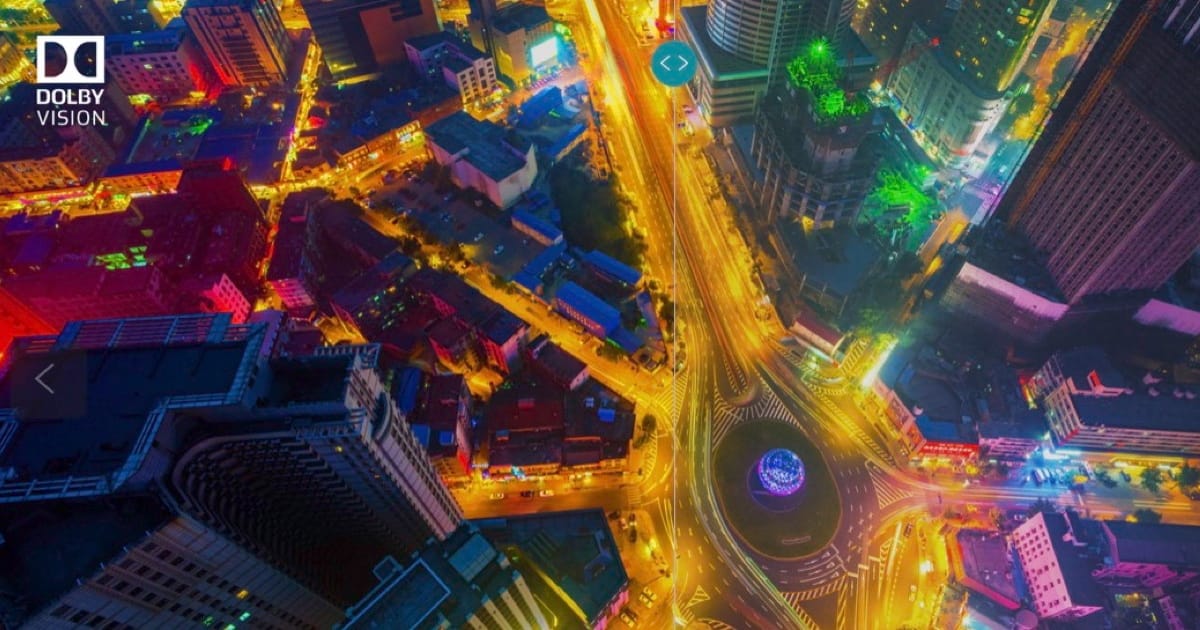China is exporting its Great Firewall tech to other authoritarian countries, like Russia and Uganda, so they can censor their citizens better.
A new report from Freedom House — a US government-funded NGO — supports this. During 2018, the authors found, “internet freedom declined for the eighth consecutive year.”“A cohort of countries is moving toward digital authoritarianism by embracing the Chinese model of extensive censorship and automated surveillance systems,” Freedom House said.

